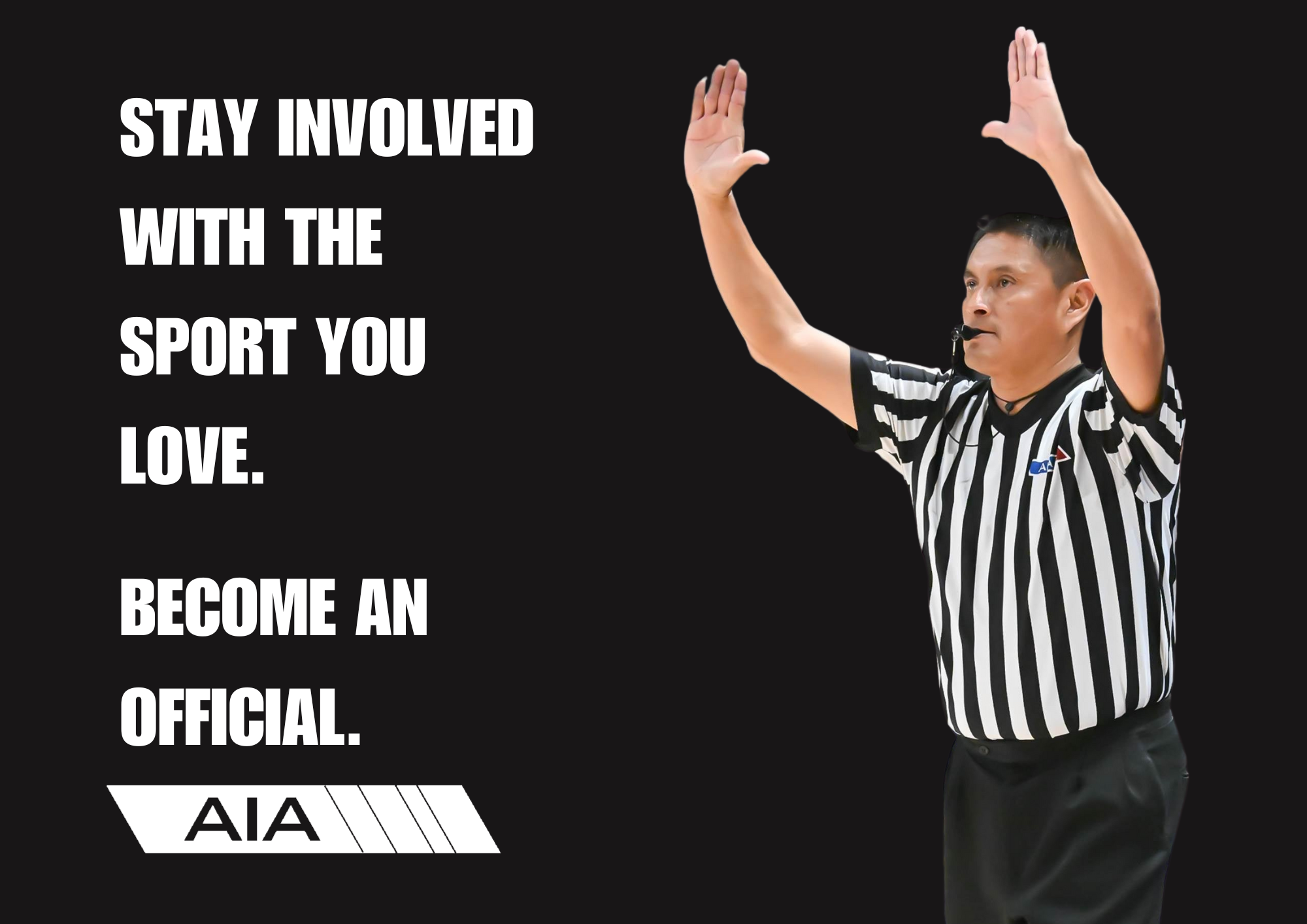Washington football: Not just better athletes, but better men
October 25, 2019 by Alina Nelson, Arizona State University

Brotherhood and leadership are two of the pillars of the Washington Rams football team. Led by head coach Tim Mayfield, the coaching staff strives to make its players not only better athletes, but better men.
“The places I’ve coached at, it has really been about character development more than X’s and O’s,” Mayfield said. “I think it is important that high school football is not just about the wins and losses. It’s really about what we as coaches can give back to these players, and sometimes it’s what the players give to us.”
Mayfield has been the Rams’ head coach for only four years but has been coaching since 1995. He started out assistant coaching and got his first head coaching job at Sunnyslope High School in 2006. His coaching philosophy has remained consistent all those years.
The aspect of brotherhood is often associated with football, but sometimes creating that brotherhood is harder than expected, especially with a smaller team like the Rams.
“You think being smaller, it would be easier,” Mayfield said. “I think it might be the pressure that is put on the first group of like, hey you guys have to be the leaders and knowing that there’s really no one behind them to help pick up the slack if they do get hurt.
“Every year it’s different. Even if you talk to the seniors this year, it’s different than last year and different from the year before.”
Many of the players have been on the team since their sophomore year, and Mayfield has witnessed changes in them both mentally and physically. The biggest change he has seen is in their maturity growth.
“As a freshman, you come in as a boy, and hopefully, as a senior you are leaving as a man,” Mayfield said.
Senior Carlos Castillo has been playing football since his freshman year and said that the coaches play a father figure role for him.
“I know for sure that if I didn’t join football, I wouldn’t be the person I am today,” Castillo said. “I wouldn’t be responsible, motivated. I wouldn’t be a leader on this team, so the coaches have really impacted my life in sort of those aspects.”
Castillo noticed that, in previous seasons, players didn’t step up as role models, so he took it upon himself to fulfill that leadership role this year. He also said that defensive coordinator Dave Enos is his go-to coach.
“He’s always been with me since day one,” Castillo said. “I feel like I’ve connected with him the most because he is personally coaching me. I have a lot of respect for him.”

Coaches convene before practice. (Alina Nelson AZPreps365)
In their effort to leave an impact on these young men’s lives, the coaching staff applies many of the aspects of football to real life.
“We are trying to teach the punctuality of it, being on time to things,” Mayfield said. “We relate that back to jobs. Every day is not fun. Football brings that physical aspect and mental aspect because you are pushing yourself to the limits. I always try to relate things back to a job.”
“Take advantage of the opportunity you have,” Stewart said. “Build good habits for the future, showing up on time, working hard in football and in the classroom and school, it’s going to end up translating if you build the proper habits.”
Derek Stewart, defensive back and receivers coach, is in his second season with Washington. Since he is fresh into his coaching career, he expects his coaching philosophy will evolve over time, but for now he says it is about helping build discipline and character in these young men.
“Growing up, I had a lot of great teachers and coaches that influenced me enough to get me to where I am today and got me into college and to graduate college,” Stewart said. “I always kind of wanted to be a teacher and coach to have that same influence.”
As a coach, Stewart likes to have a good relationship with the players and wants to know what’s going on with them and what they are feeling.
“I grew up in the same type of area, same type of kids in lower income areas, so I’m familiar with what these kids are going through on a daily basis outside of football,” Stewart said. “I’m just trying to let them know that they can use football as a vessel to get themselves somewhere else in life.”
“Nothing is earned in life,” Castillo said. “You have to work hard for what you want to accomplish in life. I think that’s one thing I’m going to take from football.”



